Solar Garden Lights
Solar garden lights offer a sustainable and cost-effective solution for outdoor lighting needs. With advancements in solar technology, these lights harness solar energy to illuminate gardens, pathways, driveways, and other outdoor spaces, enhancing safety and aesthetics.
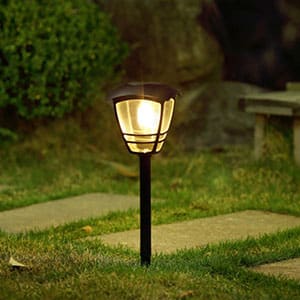
SEMGL2W
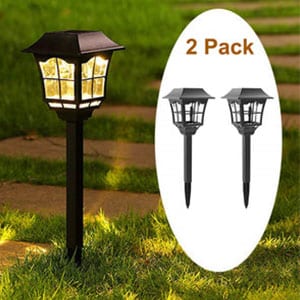
SEMPL2W
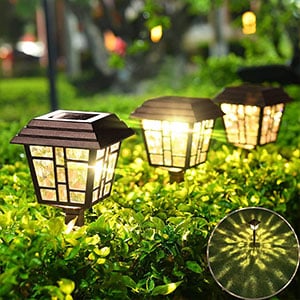
SEPPL2W

SGL2WCW
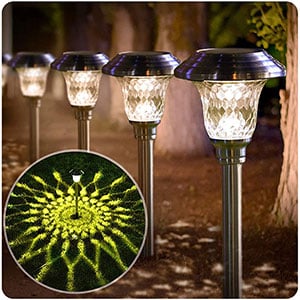
SMPL2W

SOPL18W
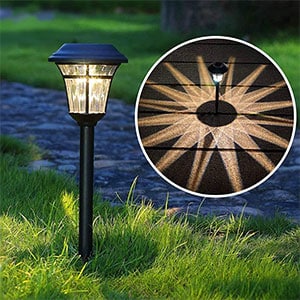
SSPL2W
Historical Background of Solar Power
The journey of solar power dates back to 1839 when the photovoltaic effect was discovered. Commercialization of solar power began in the late 1800s, gaining momentum during the 1970s due to global oil crises and environmental concerns. Continuous advancements in solar technology have made it a key player in the renewable energy sector.
Components of Solar Garden Lights
Solar garden lights consist of essential components such as solar panels, batteries, controllers, and light sources. These components work together to harness solar energy during the day and provide illumination during the night.
Types of Solar Panels Used
Solar garden lights commonly utilize either mono-crystalline or poly-crystalline solar panels. Mono-crystalline panels offer higher efficiency and durability, while polycrystalline panels are more cost-effective.
Types of Batteries
Solar garden lights may use lithium-ion, lead-acid, or nickel-metal hydride batteries. Each type offers different performance characteristics, such as lifespan, maintenance requirements, and charging efficiency.
Light Sources
Light Emitting Diodes (LEDs) are the preferred light source for solar garden lights due to their energy efficiency, long lifespan, and low heat emission. LEDs produce high-quality illumination ideal for outdoor spaces.
Features and Benefits
Solar garden lights are eco-friendly, cost-effective, and easy to install. They operate autonomously, relying on solar energy to power the lights, making them suitable for remote areas or places without access to conventional electricity grids.
Installation and Maintenance
Installation of solar garden lights is straightforward, requiring no wiring and minimal setup. Routine maintenance involves cleaning the solar panels and ensuring unobstructed access to sunlight for optimal performance.
Conclusion
Solar garden lights offer a practical and sustainable lighting solution for outdoor spaces, contributing to energy efficiency, environmental conservation, and enhanced safety. With advancements in technology and increasing affordability, solar garden lights are poised to play a significant role in outdoor lighting applications in the future.

